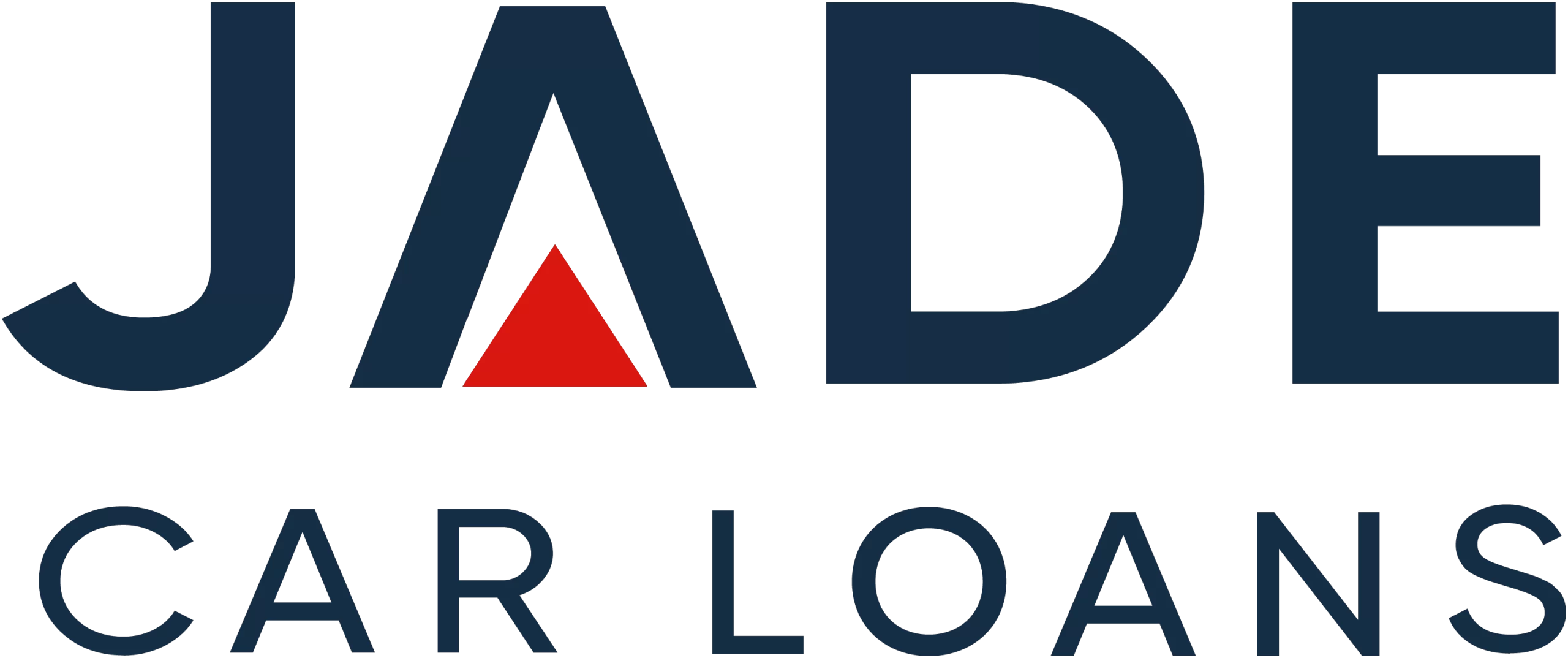The July unemployment figures are the latest economic data to be released and the result on the surface appears somewhat at odds with predictions and the current reality facing millions of Australians under current COVID lockdown restrictions. As most of our regular readers and customers will be aware, unemployment is one of the major indicators, identified by the Reserve Bank of Australia (RBA) which can contribute to a decision to move on interest rates. So many businesses in the market for finance will be keeping an eye on both the monthly jobs data as well as inflation figures.
But the Australian economy is also impacted by the international scene and several significant events are happening around the globe worth keeping an eye on. How does all this play into the interest rates on motor vehicle finance? As simplistically as possible, Jade Car Loans unpacks some of the latest economic data, global events and local vehicle lending interest rates. Providing a basic explainer regarding how world events have a potential impact on the domestic lending scene.
Unemployment Figures Unpacked
For another consecutive month, Treasurer Josh Frydenberg announced the monthly unemployment figures in a sombre mood in mid-August. With the COVID-19 outbreak in NSW forcing millions into lockdown and businesses to close and outbreaks emerging in Victoria and Queensland just out of the woods, analysts were predicting unemployment to rise from the June 4.9% level to above 5%.
But those predictions were not realised with unemployment falling to 4.6%. What??? Yes, that was the predominant reaction across many sectors. How could unemployment fall with what would appear as so many out of work due to the expansive lockdowns?
4.6% is the lowest unemployment level recorded in Australia since 2008. But the participation rate fell by 0.2%. This is how many people are looking for work. When the participation rate falls, it can indicate that people have given up looking for work – not a good sign for the economy. Also of significance is the under-employment levels. This is the number of people who are not receiving enough hours of work. That rate for July rose by 8.3%
A better picture of what may be happening needs to include a state-by-state analysis. But the July figures reflect a period in the early part of July. A time when NSW was expecting and hoping to emerge from lockdown at the end of July. It is expected that the August and September figures will show a different scenario as the full impact is felt.
However, on the positive side, over 250,000 NSW businesses have applied for the State and Federal funded grants scheme to support businesses through the lockdown period. A criterion of the applications for these grants is that businesses retain the same number of employees. One of the grants is based on business wage bills. So many businesses will need to at least keep their employees connected to the business. How this is playing into the jobs figures is not clear.
The RBA has indicated it was looking to a further drop in unemployment, expected to be low or sub 4% before triggering a rate rise. But the inflation figures appear equally if not more significant to the RBA.
Based on this assessment, the July unemployment data is not expected to trigger the RBA to raise rates any time soon. The Treasurer has predicted the Australian economy would likely contract by around 2+% in the September quarter as a result of the lockdowns but strong cash holdings in business and individual bank accounts should result in a bounce back.
Global Events
While the local COVID-19 outbreaks will be the highest priority for most business operators, events occurring around the world may also be significant to the Australian financial sector.
Just days before a new outbreak of Delta COVID emerged across the ditch, analysts were predicting that the NZ Reserve Bank was ready to lift interest rates at their 18 August meeting on the back of the economy overheating. However, the restrictions incurred as the new outbreak spread, caused the RBNZ to hold the official cash rate and monetary policy at existing settings.
The issues in Afghanistan are of major concern to many people. The stock markets both in the US and in Australia usually react to such events with share prices rather than lending rates impacted.
Severe weather events across the globe including ongoing wildfires in North America and Greece, severe rain events and landslides in Japan and Germany and an earthquake in Haiti are certain to have economic impacts. For Australian lenders that source funding from some international banks, their borrowing rates and availability of funding may be affected.
What may affect many motor vehicle buyers in Australia is the ongoing global computer chip shortage. This has caused production delays and cutbacks in many motor vehicle manufacturing factories impacting multiple makers. Toyota just recently reported it needs to cut production by 40% in some of its factories as it ran out of chips.
Global supply chains in many areas continue to be impacted by COVID-19 issues and both this and the chip issue are highly likely to impact the supply of some brands of motor vehicles on our local market. It may also play out in increased prices as demand outplays supply.
Astute buyers may want to bring forward their motor vehicle buying plans to secure existing stock now rather than waiting a few months. We do provide pre-approved finance for buyers wanting to pre-order vehicles.
Local Lender Interest Rates
While multiple and ongoing issues continue to impact the Australian economy and create somewhat of an uncertain atmosphere, interest rates on motor vehicle finance continue to hold steady at low and very attractive levels.
We are currently in a position to offer extremely cheap business car loan rates on our loan portfolio for both business car financing and private car financing customers. To see what is currently available, please refer to our interest rate calculators or give us a call for a quote.
Our team continues to keep an eye on economic indicators and assess the impact on lending rates. The next meeting of the RBA Board is scheduled for the first Tuesday in September. No increase in rates is expected but the RBA’s assessment of the economy will as usual be highly anticipated.
Contact Jade Car Loans at 1300 000 003 for a cheap interest rate motor vehicle loan quote.
DISCLAIMER: IN REGARD TO MISREPRESENTATIONS AND ERRORS CONTAINED IN THE MATERIAL AS PRESENTED, LIABILITY IS NOT ACCEPTED. THE DETAILS AND CONTENT IS PROVIDED FOR CAR BUYERS AND INDIVIDUALS AND BUSINESS SEEKING FINANCE PURELY AS GENERAL INFORMATION. THIS IS NOT PROVIDED AS THE ONLY SOURCE OF FINANCIAL INFORMATION. ANYONE THAT CONSIDERS THAT NEED FINANCIAL ADVICE ABOUT THEIR SPECIFIC REQUIREMENTS SHOULD SEEK THEIR OWN FINANCIAL ADVISOR.


 " alt="">
" alt="">